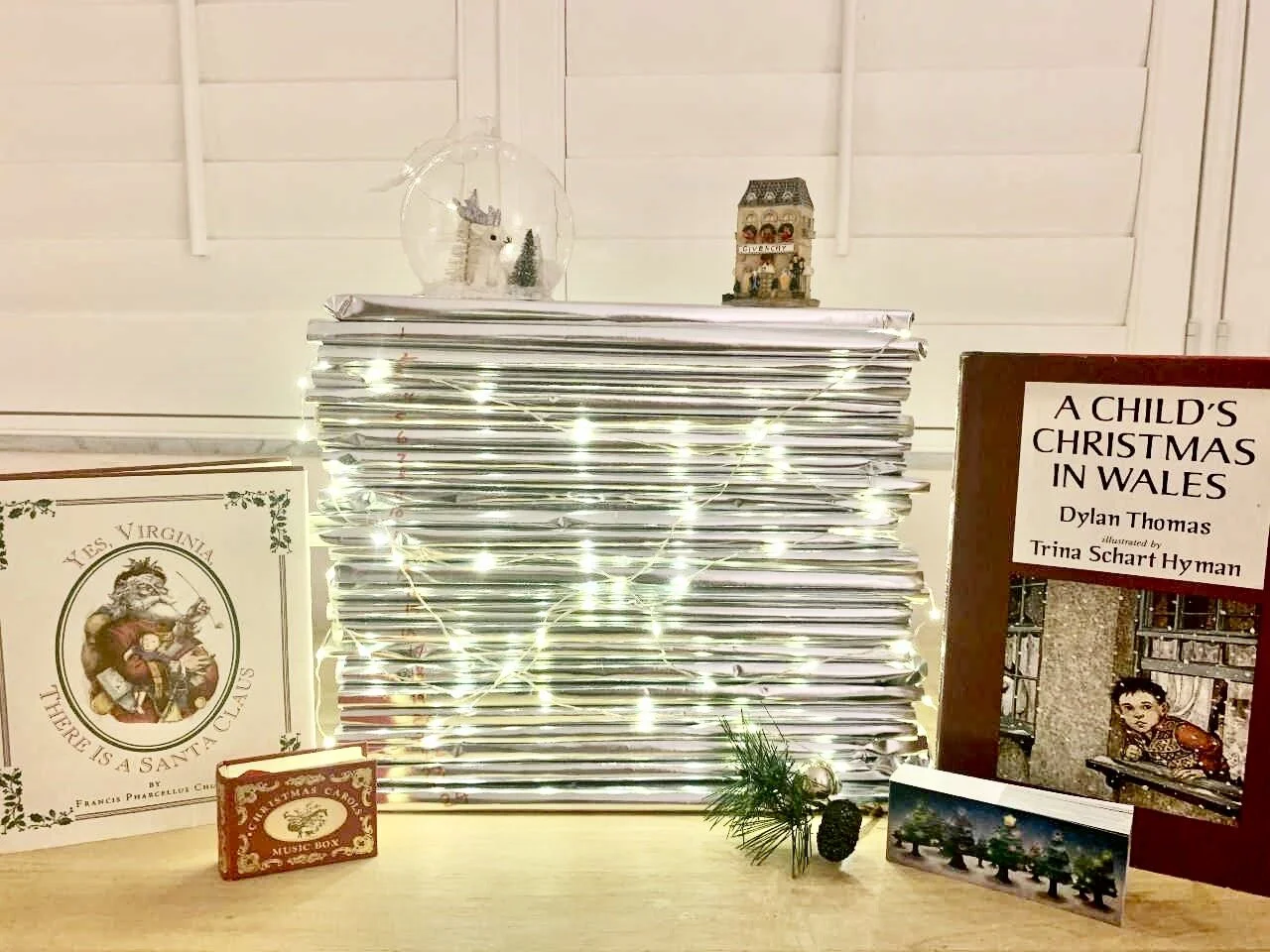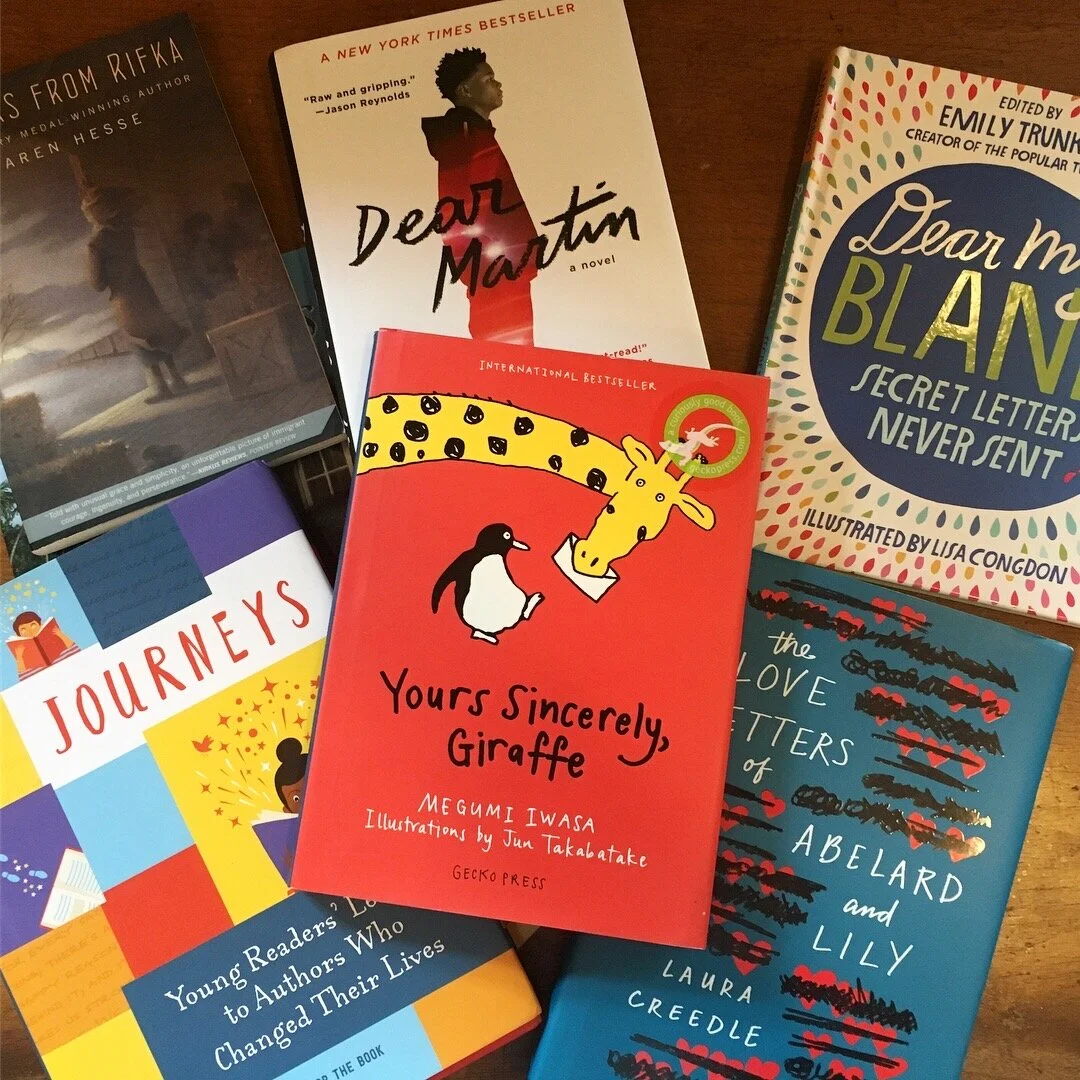Oh bother, my novel is unpublishable
I had a week of great expectations and great devastations, and now, on this brisk Sunday (63 degrees and sunny; it’s Florida), I find myself suspended somewhere in the middle, whiplashed, wish-lashed. The Buddhists like it here. The passionate do not.
My darling opossum, meeting his rat nemesis, on the beach. The novel is not illustrated, but I enjoyed making a few illustrations for kicks.
To understand this mess of a week, you have to go back, way back, to the day two years ago when a scrappy opossum wandered across my porch, foraging for dawn’s sweet delicacies. With a face only a writer could love, he looked up at me from his noble hunt as if he had been searching for me all his life. He begged me, with all his marsupial force de vivre, to tell his story.
A scene from my UNPUBLISHABLE novel. A little girl in Maine is tasked with cleaning up her yard.
I spent the next two years sequestered on that porch, dodging a global pandemic, writing about the opossums of Boca Raton. I wrote a 300,000 word middle grade novel, and then I whittled it down to 85,000 pure gems of the English language. I joined three critique groups, I attended a gazillion Zoom meetings, I read and I read and I read and I read. The pandemic tried half-heartedly to fade into the past; I tried full-heartedly to make it last just a few more months.
This character in my book is a mentor and a Haitian shopkeeper.
Childless writers like myself will understand this: the book was my baby, and if I had human children, I don’t think I could ever love them as much as I love this book.
I queried agents, and the weeks slid away, into the silent pale.
Worried, I set up a couple appointments through The Manuscript Academy. On Monday, I met with Molly Cusick—an accomplished agent and editor who has labored on all sides of the publishing equation and knows the industry as well as any other. She took one look at my synopsis and told me my book was unpublishable. Then, a few days later, I met with agent Fiona Kenshole—an accomplished agent and editor who has labored on all sides of the publishing equation and knows the industry as well as any other. She took one look at my synopsis and told me my book was unpublishable.
Here is why my book is unpublishable:
My book tells the story of three child prodigies (a girl, a boy, and an opossum) who age into adulthood. (Their adult years are essential to the story; I cannot age them down.) Molly and Fiona told me that middle schoolers absolutely will not read about adults, full stop. If I pitch the book as young adult fiction, the answer then becomes: teenagers will not read about middle schoolers OR adults, full stop.
Various publishing forums confirm this.
In response to this setback, a little worm wandered its way into my noggin by the name of Frozen. Anna and Elsa famously wrestle with marriage, political power, and other adult issues.
“Movies are different,” the agents told me.
It turns out there’s a whole science of metrics about children’s films. “Children cannot go to movie theaters alone,” goes the thinking, and so children’s films need to appeal to the whole family—to all ages, to all genders. Books, however, are enjoyed in solitude, and simply put, no kid wants to spend that sweet pocket of time thinking about adults.
Despite YouTuber Pewdiepie’s adult persona, his channel has appealed to children (not without controversy) for nearly a decade.
I find this logic disappointing, to be sure, but in a typically arrogant Kate Teves way, I also find myself wondering if it could be outdated. In the era of abbreviated childhoods when middle schoolers are already watching adult streamers and, oh, porn stars, I’m not sure if “childhood interests” look the same way they did just ten years ago.
But I am bitter, and so are my opossums, and my years working in television taught me that I am wildly stupid when it comes to understanding what Americans like to consume.
My Next Options:
a) I can self-publish.
b) I can re-write the book for adults.
c) I can wait a few years until childhood disappears altogether.
I’m choosing “b” and, as it turns out, having a pretty good time of it. To be continued…










